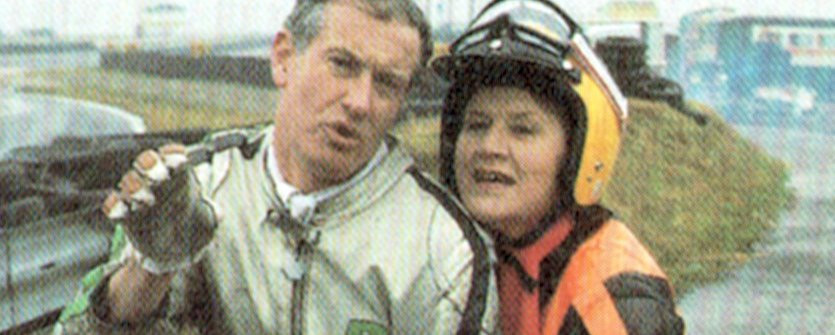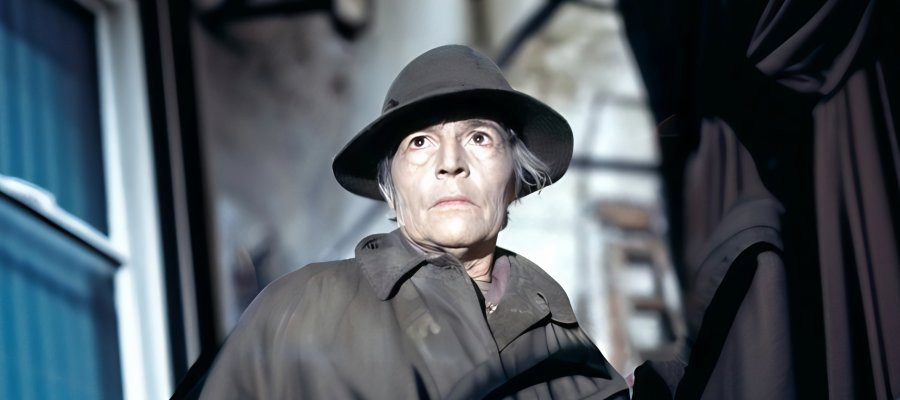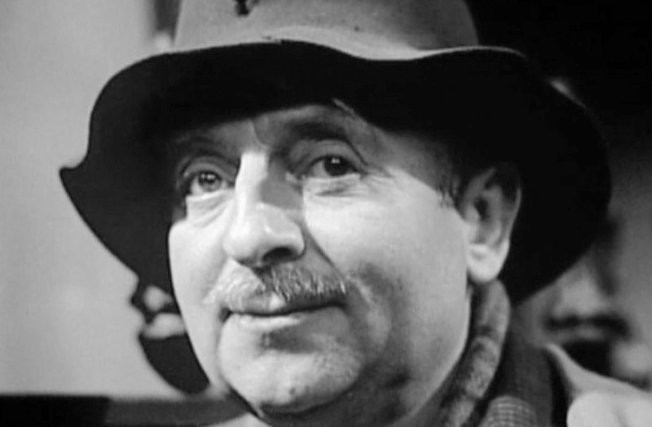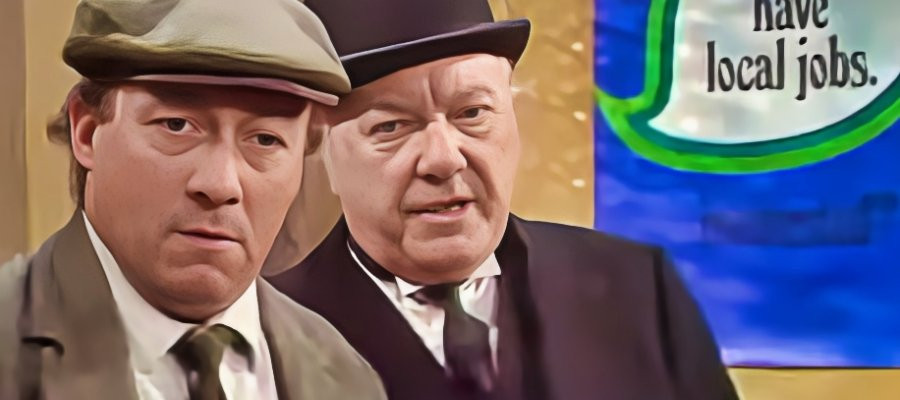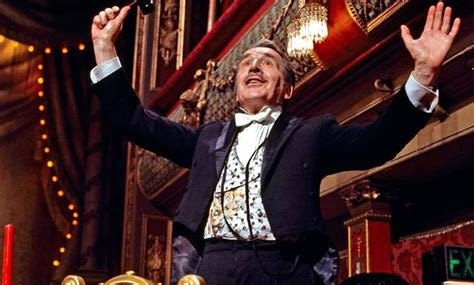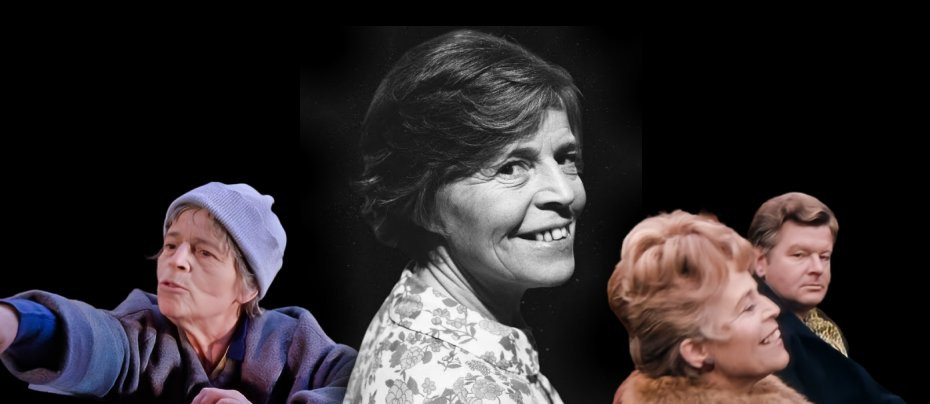
Patricia Hayes
Biography by Brian Slade
The term ‘character actress’ is one that always seems to be a back-handed compliment. Performers who circulate in programmes in supporting roles rather than as the star of the show are seldom given the credit they are due, falling into the bracket of those of whom people say, ‘oh, she was in…’ or ‘I like her, she’s been in loads of things.’ One such lady described as such a performer deserves a far more lofty accolade – Patricia Hayes.
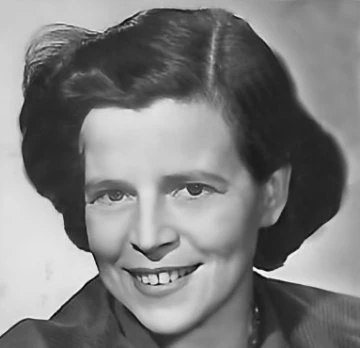
Patricia Hayes was born in 1909 in Streatham, London, to an Irish father who spent his career behind a desk, and a mother who was a school mistress. By the time she was five years old, Patricia and her siblings were headed to elocution classes. It was clear early on what young Patricia wanted to do with her life, and against all the normal opinions from parents of potential stars at that time, her father encouraged her to pursue her dreams. Years later in an interview with Sheridan Morley, she recalled that her father was, ‘…a civil servant, very unhappy about having done nothing but push pens and bits of paper throughout his life – he let my brother and me go on the stage because he said he didn’t want our lives to be the bureaucratic hell that his had been.’
Hayes also credited her mother for giving her the ambitious streak to fight to get her career off the ground, and so she went into the business believing that, ‘all you need to be born with is body and soul – all the rest is experience and technique.’
Twelve-year-old Patricia found her first success in Great Big World, a fantasy story set at Christmas. She continued to perform during her education and it was six years later that she would head to the Royal Academy of Dramatic Arts. At RADA she continued to shine, winning the Bancroft Gold Medal in 1928.
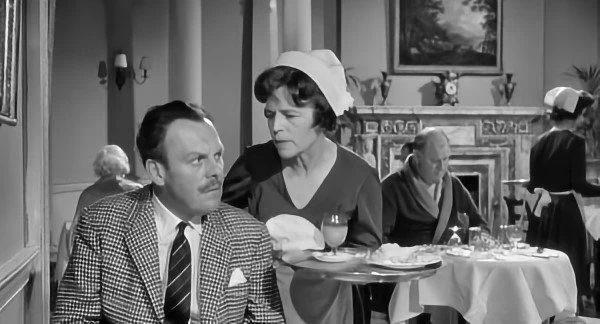
For the majority of her pre-war career, Hayes performed in repertory theatre, after which came the highlight of her career thus far, getting selected by JB Priestley to appear as the maid in When We Are Married. The outbreak of World War Two, however, curtailed her career and she was dependent on opportunities on radio to make ends meet.
After the war, Hayes continued to be in demand by the comedians who she had become accustomed to working with, and it would become an integral part of her career – that of playing a supporting role to the top comedians of the day, including Charlie Chester, Ted Ray and Arthur Askey.

One particular comedian who recognised the talents of Hayes as she began to appear regularly on television was Benny Hill. As her appearances began to add up, so did the recognition of her talent, and the likes of Ken Dodd, Eric Sykes, Arthur Haynes and Tony Hancock benefitted from her skills. The most recurring role she had in those early days was with Terry Scott and Hugh Lloyd as Griselda Wormold in Hugh and I.
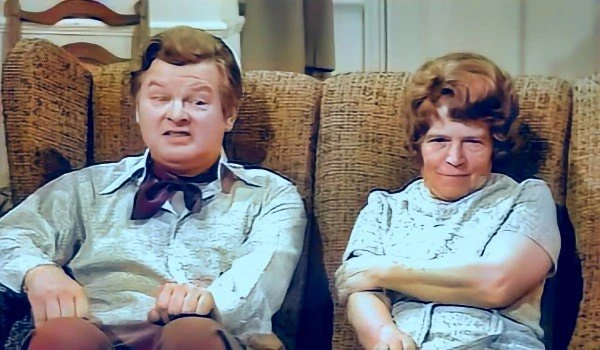
The comedy roles continued to flow – she admitted subsequently that one of her rules of performing was never to turn work down. The fact that she also abided by rules of never kidding herself they couldn’t find somebody else, never asking for more money and never getting too many of the laughs made Patricia comedy acting gold.
Then in 1971, Hayes took her acting to another level. She was chosen by writer Jeremy Sandford to take the leading role in a story within the Play for Today series called Edna, the Inebriate Woman. Sandford felt that beyond the lighter sitcom and sketch show comedy, Hayes was capable of delivering a tragic comedy performance. If right, she would be perfect for the role of Edna O’Casey, a woman without money, work or a home. Her life is based on stumbling from one drink to the next via a range of hostels. As she befriends one tragic case after another, talking her way in and out of places to stay (as well as courts for vagrancy charges), life for Edna is as without hope as it is without a home.
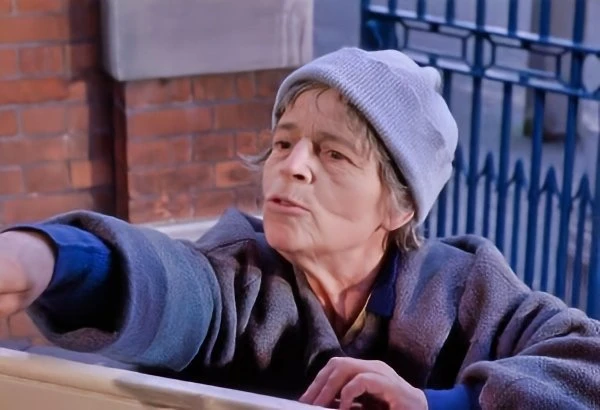
Patricia Hayes’s performance was a career defining one. Played with a loveably humorous tinge, Edna was doomed to lead the roaming life as the system failed her time and again with evictions and treatments. For any comic moments Hayes created, she tugged at the heart strings with the dramatic hopelessness of her future and her past, seemingly the root of her issues via an alcoholic and abusive father who beat her mother enough to make her abandon her children.
As Stanford put it, Edna moved the nation. Hayes herself considered it to have been her dream role, loving also working for director Ted Kotchoff. Her performance was enough to win the BAFTA for best television actress in 1972 and the part made enough of an impact to lead to new hostels and new recruits willing to give their time for the homeless cause – all because of Patricia’s Edna.
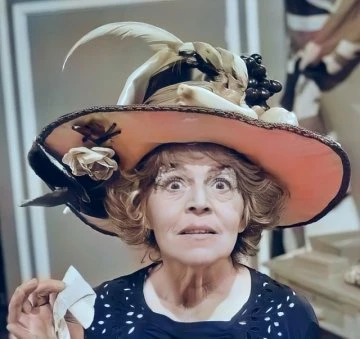
Hayes’s subsequent career followed a similar path to her earlier one. She was continually in demand in all mediums, most notably appearing alongside Warren Mitchell and Dandy Nichols in Till Death Us Do Part and In Sickness and In Health. Writer Johnny Speight even tried to give Hayes her own sitcom vehicle alongside another much-loved actress, Pat Coombs, in two series of The Lady Is a Tramp. A slightly more comedic variant on Edna, Hayes and Coombs played two ageing tramps who manage to make a home in a disused van for two series.
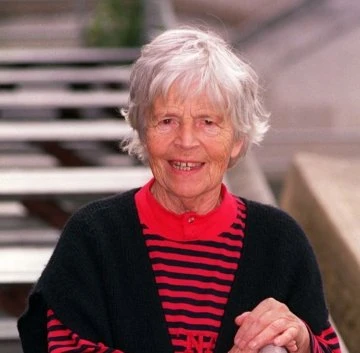
Patricia Hayes passed away on 19 September 1998, aged 88 years. She had continued working into her eighties, both on stage and screen. Hers was a distinctive face, an expressive vocal talent and a comforting presence that when she appeared in a comedy, you were probably going to enjoy it – and she jumped from one comedy to another with amazing frequency. Her performance as Edna, however, remains as the most powerful reminder of her under-credited skills. As Edna said as she walked into the night to the uncertainty of life on the streets: ‘It’s like I say…flitter, flitter.’
Published on February 2nd, 2024. Written by Brian Slade for Television Heaven.


